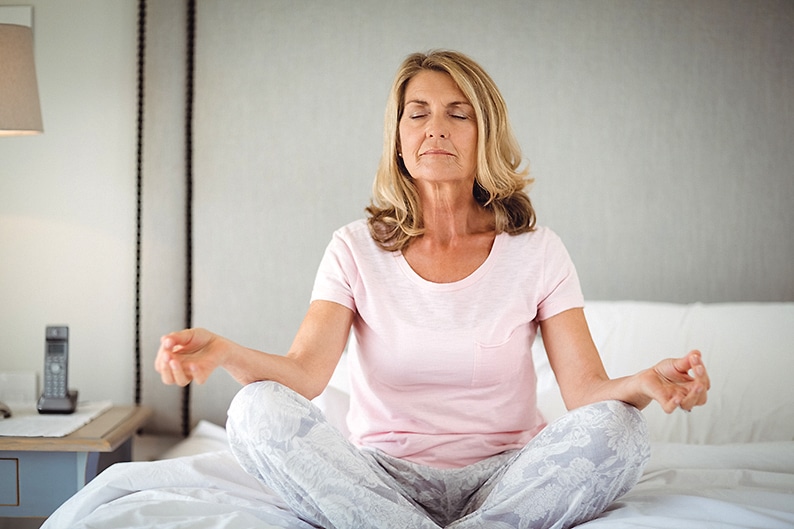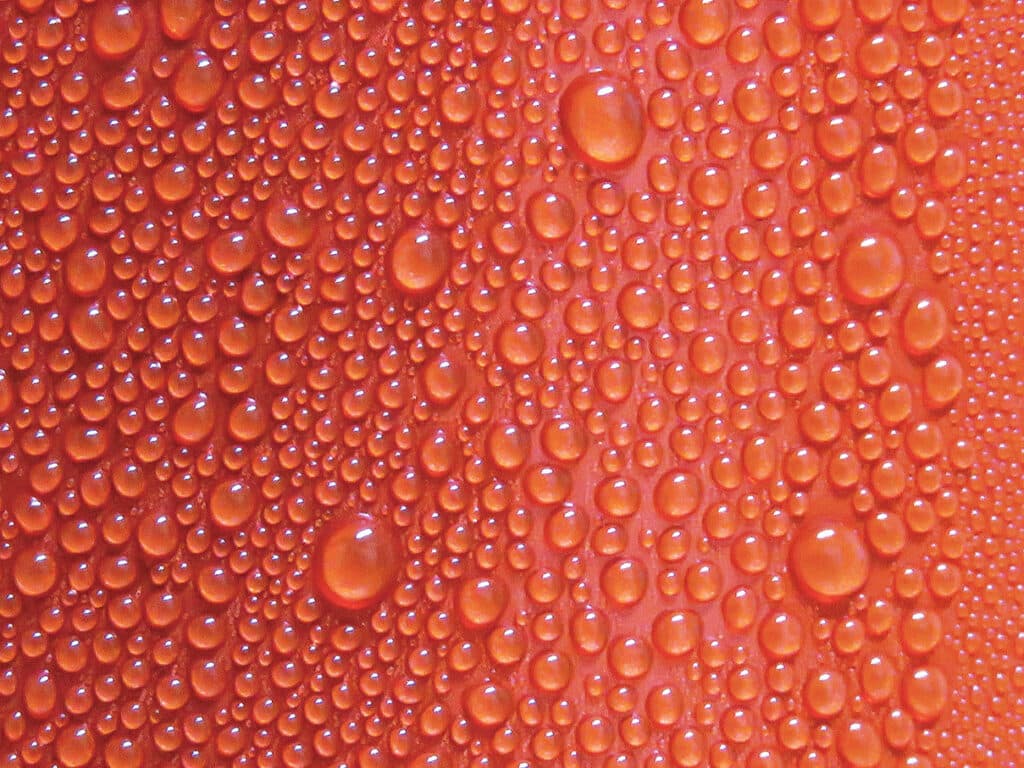
By Amanda Roe
Breathing is often something we take for granted – it’s easy, right? Just breathe in, out, and repeat. On one level this is true, but on another level something as simple as breathing can indicate that your health is on the decline or provide you with significant health benefits.
For centuries ancient cultures have recognised the importance of your breath and developed breathing exercises to enhance health.
Traditional Chinese medicine teaches that the nutritive properties from the food we eat and air we breathe are combined to create Qi – our life energy. How we breathe influences the quality of our Qi and therefore the quality of our health.
Qigong has been practiced in China and across Asia for more than 4000 years. It co-ordinates slow-flowing movement with deep rhythmic breathing and visualisation and is used to calm the mind, meditate, improve health and martial arts training.
In India where yoga has been practiced for more than 5000 years, Pranayama breathing and yoga nidra are yoga practices that have significant emotional and physical health benefits.
In Tibet, the monks developed Tummo (Inner Fire) a breathing exercise combined with a visualisation to generate body heat in the icy caves of Tibet. You can see demonstrations today where Yogi’s, who have mastered Tummo, are capable of immersing themselves in icy lakes and 15 minutes later visible steam is seen rising from their robes.
In 1957, Ukrainian Dr Konstantin Buteyko, observed and documented in hospital that there was a correlation between a patient’s respiration rate and their overall health. Dr Buteyko noticed that the breathing of unhealthy patients is often through the mouth using the upper chest and causes a respiratory rate and volume greater than normal.
Healthy people have regular, effortless and quiet breathing during rest. Their breathing is through the nose, driven by the diaphragm and with a normal respiratory rate and volume. More importantly, Dr Buteyko found that when a patient changed their chest breathing to belly breathing, their health improved.
Your breath has the power to: Reduce stress; manage pain, particularly during childbirth; unblock the sinus; relieve asthma; lower blood pressure; relieve depression and improve how you feel; improve sleep; reduce incontinence; lift prolapsed organs i.e. anus, cervix, uterus or bladder; improve sleep; improve circulation and warm the body; improve oxygen levels in the blood.
Changing how you breath may have significant health benefits for you.
Here is a simple exercise that will help you to notice how you breathe and, if necessary, change it to a healthy breathing habit
1. Sit quietly with one hand on your chest and the other on your belly. 2. Breath normally for a few minutes. 3. As you are breathing normally notice the movement in your belly and in your chest. 4. If you notice that you are breathing more into your chest than your belly then use the following steps to change this to belly breathing. 5. Close your mouth and breath in and out through your nose. 6. Close your eyes and imagine your belly is a balloon; as you breath in through your nose, imagine the balloon inflating; as you breathe out through your nose, imagine the balloon deflating. 6. Continue with the visualisation until you notice your breath moving into your belly area.
By bringing your awareness to your breath a few times a day and simply breathing in and out through your nose all the time, you should start to notice some health improvements.
I would love to hear what benefits you experience so do send me an email to amanda@marketstclinic.com.
Amanda Roe is an Acupuncturist, Clinical hypnotherapist and Life and Health Coach. For more information or to book a session call or text 087 633 1898.


